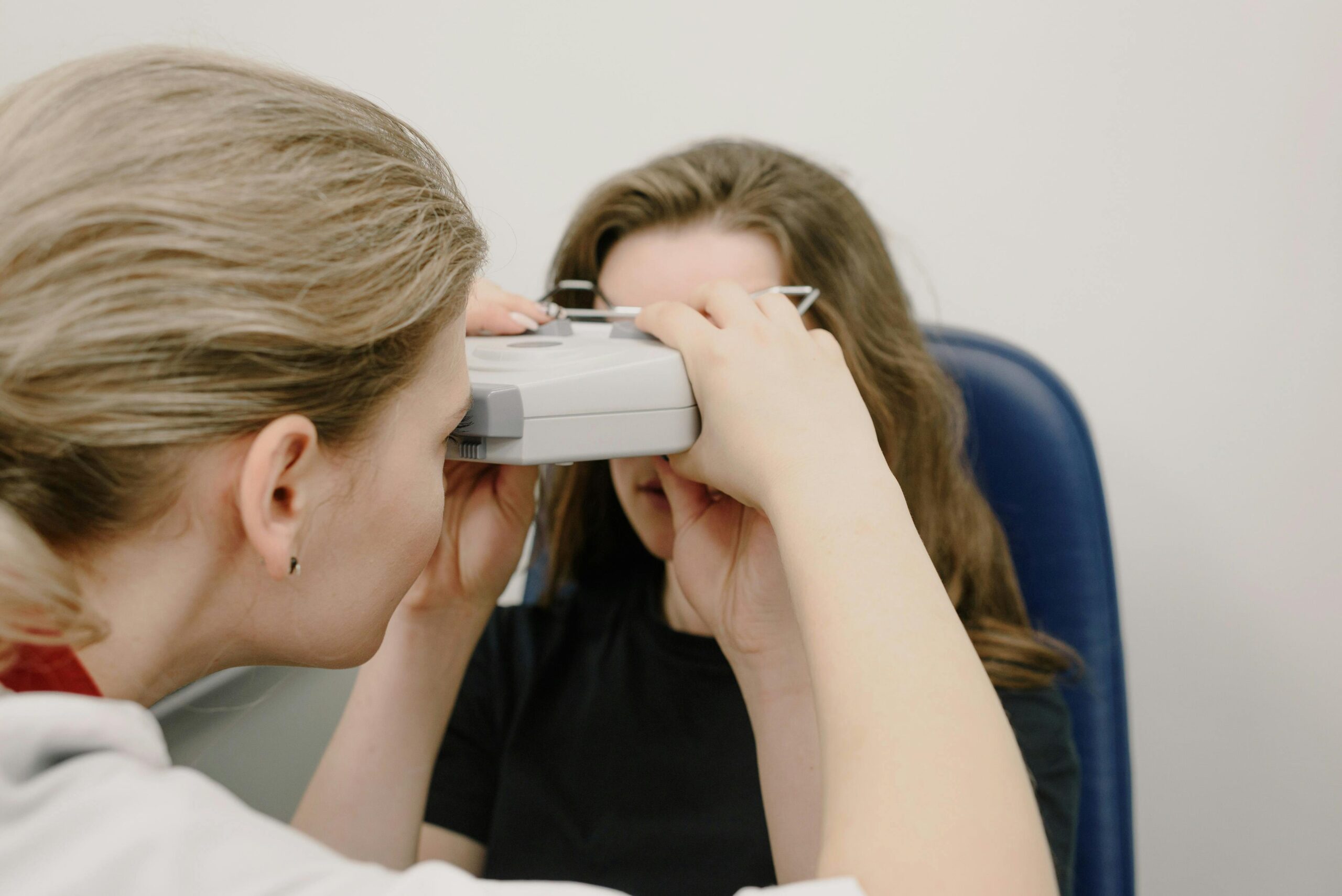Vision issues can affect individuals at any age, often interfering with day-to-day activities and overall quality of life. Regular eye exams are a key aspect of maintaining eye health. Many are unaware of how an eye doctor can provide assistance beyond prescribing glasses or contact lenses. These doctors are equipped to diagnose and manage a variety of conditions, as well as offer services that address both preventive care and specific treatments.
What Conditions Do Eye Doctors Treat?
An eye doctor, also referred to as an optometrist or ophthalmologist, specializes in diagnosing, managing, and treating various vision and eye-related conditions. Some of the most frequent issues they encounter include refractive errors. This includes nearsightedness, farsightedness, and astigmatism, which are among the most common causes of vision problems. These occur when the shape of the eye prevents light from focusing directly on the retina. Symptoms may include blurred vision, difficulty reading, or trouble seeing distant objects. Optometrists conduct detailed vision tests to identify refractive errors and recommend corrective options like glasses, contact lenses, or refractive surgery.
Dry eye syndrome arises when the surface of the eye does not receive adequate lubrication, often due to a lack of sufficient tear production or tear quality. Common symptoms include redness, eye fatigue, burning sensations, and a feeling of grittiness. Eye care professionals assess the severity of dry eye and may advise treatments ranging from artificial tears to advanced therapies, depending on the underlying cause. Diseases such as glaucoma require early detection and management to minimize their potential impact on vision. These doctors use advanced diagnostic tools like retinal imaging and visual field tests to monitor these conditions.
What Services Do They Provide?
Eye doctors offer a wide array of services that cater to the unique needs of individuals at different stages of their eye care journey. These range from non-invasive diagnostic methods to focused therapies and procedures to treat eye conditions. Below are some key areas of focus prioritized by these professionals:
- Comprehensive Eye Exams: Routine comprehensive eye exams are the foundation of proactive eye care. These exams assess overall vision health and can uncover early signs of conditions such as cataracts or high blood pressure that may not yet present noticeable symptoms.
- Prescription Services: After thorough exams, eye doctors provide accurate prescriptions for eyeglasses or contact lenses. These prescriptions take into account the patient’s specific refractive needs, facilitating optimal clarity and comfort.
- Treatment Plans: For patients diagnosed with chronic or progressive conditions, eye doctors design detailed treatment plans. These plans often include options such as medicated eye drops, dietary recommendations, or referrals to specialists for advanced care if required.
Make an Appointment With a Specialist
Eye health plays an integral role in overall well-being and quality of life. While vision issues may emerge over time, professional eye care can address them effectively when caught early. Eye doctors help individuals manage a wide spectrum of conditions and guide them toward maintaining good vision at every age. Schedule a comprehensive eye examination with a specialist to establish a proactive approach to taking care of your eyes.
- Choosing the Right Plastic Surgeon for Your Cosmetic Procedure
- Understanding Different Types of Laser Treatments for Skin Rejuvenation
- Why a Family Dentist is Key for Maintaining Oral Health
- The Benefits of Regular Visits to a Wellness Spa
- Exploring the Emotional and Psychological Triggers of Eating Disorders


Leave a Reply